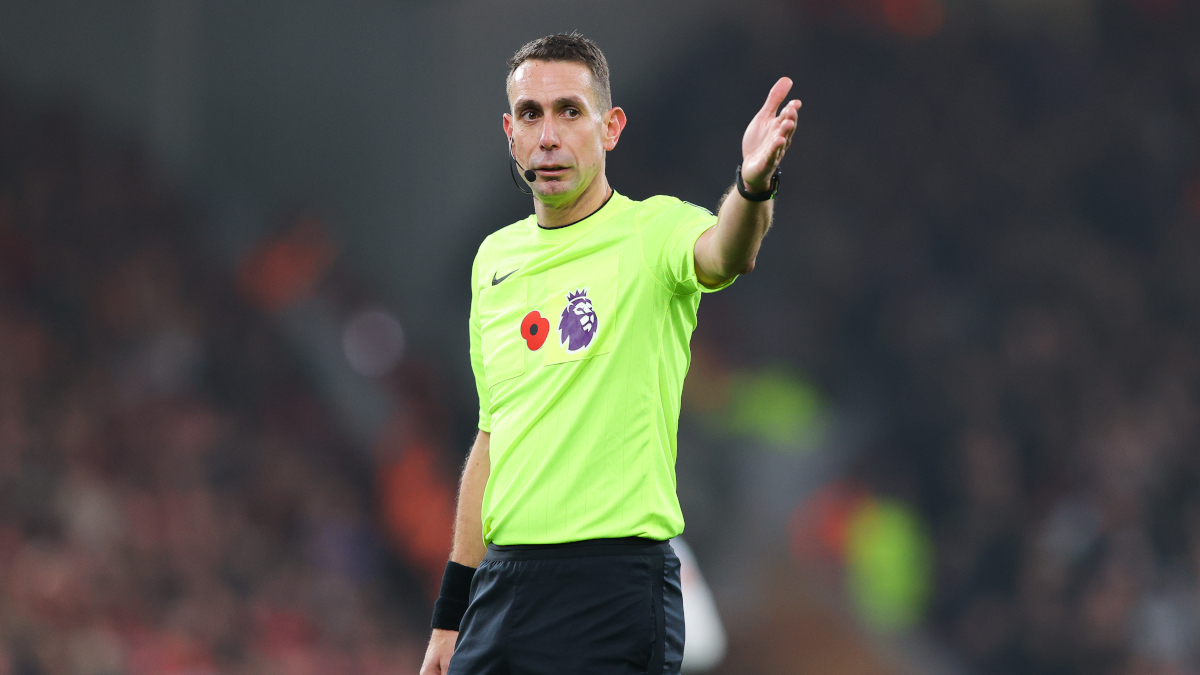
The Impact of David Coote's UEFA Ban on Football Officiating

In a decision that has sent shockwaves through the football refereeing community, UEFA has banned former Premier League referee David Coote from officiating in its competitions until 2026. The ban follows a high-profile investigation into Coote's off-field conduct, which UEFA deemed had brought the sport into disrepute. This significant ruling raises pressing questions about the integrity of football officiating and the standards expected of those who uphold the rules of the game.
The Details of the Ban
David Coote, once a respected figure on the pitch, found himself at the center of controversy after a video surfaced in which he appeared to be engaging in inappropriate behavior during Euro 2024. UEFA's investigation concluded that Coote had violated "the basic rules of decent conduct." As a result, he is now prohibited from refereeing in any UEFA-sanctioned events until June 30, 2026.
The Professional Game Match Officials Limited (PGMOL), which manages referees in England, had already terminated Coote's Premier League contract following the investigation. The organization cited a "serious breach" of his employment terms as the reason for his dismissal.
Implications for Football Officiating
The ban of a referee of Coote's stature by UEFA underscores the importance of maintaining high ethical standards among officials. Referees are expected to be paragons of integrity, as their decisions can significantly impact the outcome of matches and the perception of the sport. UEFA's decisive action in this case highlights the governing body's commitment to upholding these standards.
Maintaining Integrity in Officiating
For football to thrive, the integrity of its officiating must remain unimpeachable. The credibility of referees is foundational to the sport's fairness and competitiveness. The ban serves as a stark reminder to all officials of the consequences of misconduct, reinforcing the need for vigilance and ethical behavior both on and off the field.
Oversight and Accountability
This incident also brings into focus the mechanisms in place for overseeing referee conduct. UEFA's capacity to investigate and sanction reinforces the accountability structures within football's governing bodies. However, it also raises questions about the initial vetting processes and the ongoing monitoring of referees across domestic and international competitions.
Impact on David Coote's Career
For Coote, the ban represents not only a significant professional setback but also a personal one. Having been removed from the Premier League's officiating roster and now barred from UEFA competitions, Coote faces a challenging path to rehabilitation in the eyes of the football community.
Future Prospects
While the ban is currently in place until 2026, Coote's ability to return to top-level officiating will depend on his efforts to restore trust and demonstrate a commitment to the high standards expected of a referee. The path to redemption in football, particularly for officials, is fraught with challenges, but it is not insurmountable with the right approach.
Broader Implications for the Sport
The ramifications of this incident extend beyond Coote himself, affecting perceptions of refereeing standards globally. It prompts a broader conversation about the pressures faced by referees and the support systems available to them.
Referee Support and Development
To prevent similar incidents, it is crucial that referees are provided with robust support systems. This includes comprehensive training programs that emphasize not only the technical aspects of officiating but also ethical conduct and decision-making under pressure. Additionally, mental health and well-being support should be integral to referee development programs, acknowledging the unique stresses of the role.
Technological Aids and Oversight
With the increasing use of technology in football, such as VAR, there are additional layers of oversight in place during matches. However, off-field conduct remains a separate challenge. Implementing more rigorous off-field monitoring and support could help mitigate risks associated with misconduct.
Conclusion
David Coote's UEFA ban serves as a powerful reminder of the critical importance of ethics in football officiating. For the sport to maintain its integrity and continue to grow, referees must adhere to the highest standards of conduct. As the football world processes the implications of this decision, it is clear that maintaining the trust and respect of players, coaches, and fans alike is paramount. The case of David Coote may well serve as a catalyst for further reforms in how referees are supported and monitored, ensuring that the spirit of fair play remains at the heart of the beautiful game.

For more insights into football news and analysis, visit The Guardian.